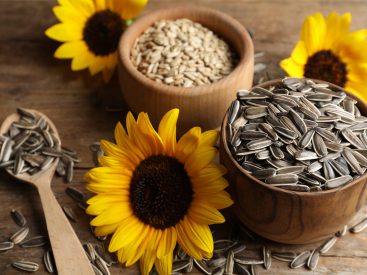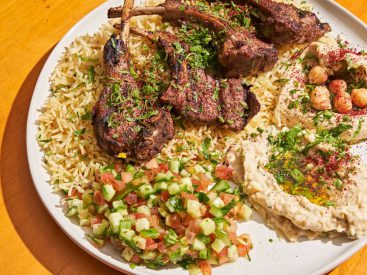This summer, 10 years after I opened my little tapas bar in Bermondsey , south London, I launched two restaurants at the Royal Academy of Arts on Piccadilly. It’s probably one of my proudest career moments: my first foray into central London, with something that reflects the whole of […]
Delicious!
Delicious!



